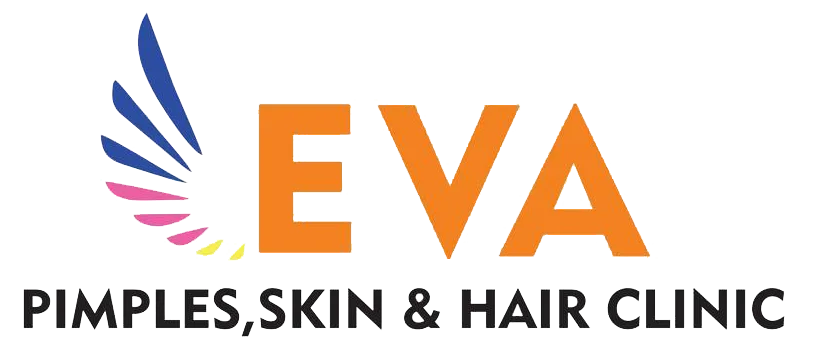Common Beauty Queries (FAQ's)
The best acne treatment varies based on skin type and severity. At Eva Clinic, we offer chemical peels, acne cocktail therapy, laser treatments, and customized skincare under expert dermatological care.
A permanent solution to acne involves a combination of medical treatments, lifestyle changes, and proper skincare. Dermatologist-guided care ensures acne is treated from the root cause.
Treatments like microneedling, laser resurfacing (CO2 or fractional), chemical peels, and PRP therapy are highly effective in reducing acne scars, depending on the type (boxcar, ice pick, rolling).
Yes, with advanced dermatological procedures and consistent aftercare, acne scars can be significantly faded or even eliminated over time.
Common causes include sun exposure, hormonal imbalance, inflammation (post-acne), melasma, or skin injuries.
Laser toning (ND:YAG), chemical peels, and topical depigmenting agents are commonly used at Eva Clinic for safe and effective skin pigmentation treatment.
Stress, hormonal changes, poor nutrition, thyroid issues, or conditions like alopecia areata can lead to sudden hair fall.
PRP therapy, mesotherapy, and low-level laser therapy (LLLT) are proven treatments for hair regrowth offered at Eva Clinic.
PRP (Platelet-Rich Plasma) stimulates collagen production, improves skin tone, and reduces fine lines, acne scars, and dullness.
Yes, PRP nourishes hair follicles, improves blood circulation, and promotes hair regrowth in thinning areas.
Combination therapies including laser toning, tranexamic acid, depigmenting peels, and sunscreen can effectively manage melasma.
While melasma is chronic, it can be well-managed with ongoing care, avoiding sun exposure, and following a dermatologist’s treatment plan.
Quick tan removal is possible through medical-grade chemical peels, laser therapy, or microdermabrasion under expert supervision.
Superficial tan may fade over time, but deeper dermal tanning often requires clinical intervention for complete removal.
Causes include friction, deodorants, shaving, hormonal changes, or medical conditions like acanthosis nigricans.
Treatments such as chemical peels, laser pigmentation reduction, and topical lightening agents work best when tailored to your skin by a dermatologist.
Yes, transplanted hair is generally permanent as it is taken from donor areas resistant to hair loss.
Initial growth begins in 3–4 months, with full results visible in 9–12 months post-procedure.
Skin polishing (microdermabrasion) is a non-invasive exfoliation that removes dead skin, improves texture, and brightens dull skin.
Yes, when done by a dermatologist, it can help reduce clogged pores and improve skin clarity.
What makes Eva Clinic the top choice among Skin Clinics in Pune?
- We support you with lifestyle tips, skincare routines, and aftercareall included, no extra cost.
- Patients keep coming back because we genuinely care about their journey, not just their spends.
- Our protocols are specifically designed for Indian tones and concerns, reducing side effects and maximizing results.
- We don’t sell “miracle” facials—we offer medically proven treatments that work.

